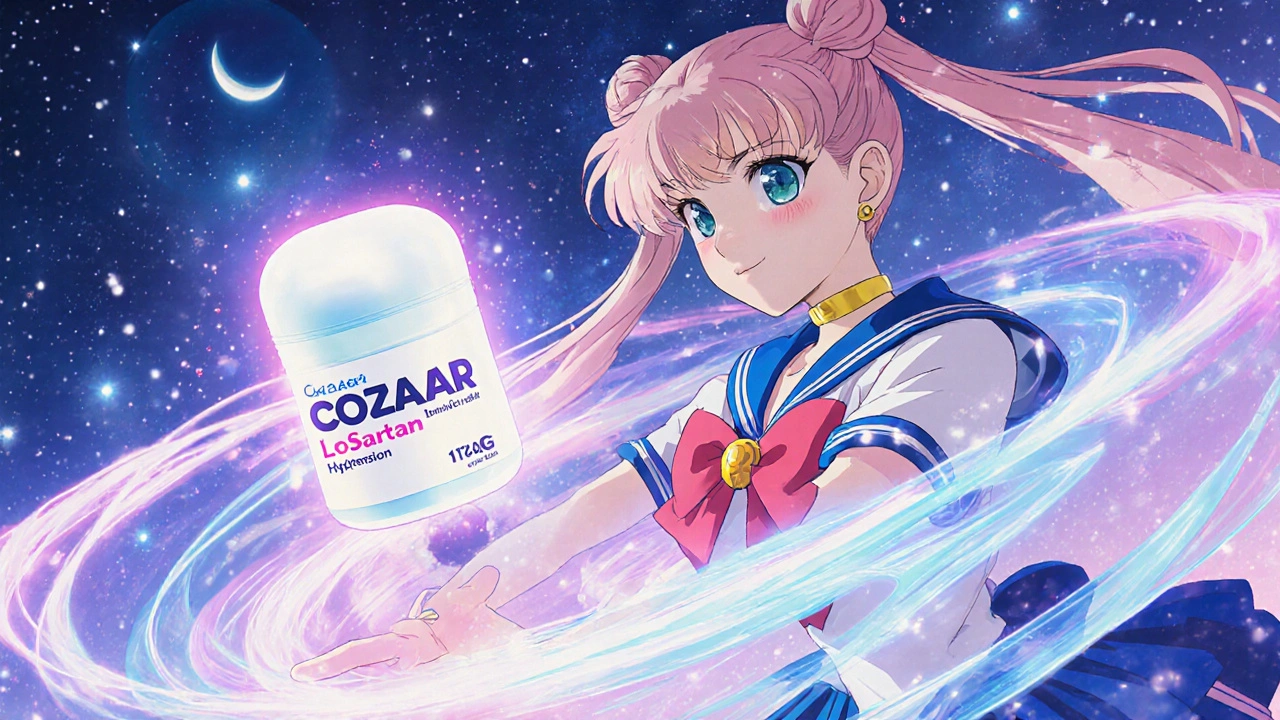Hypertension Alternatives: Natural and Medication Options That Work
When your doctor says you have hypertension, a condition where blood pressure stays too high over time, increasing risk for heart attack and stroke. Also known as high blood pressure, it affects nearly half of adults in the U.S. and often doesn’t cause symptoms until damage is done. Many people start with prescription drugs like lisinopril or amlodipine—but side effects, cost, or personal preference lead them to look for hypertension alternatives. The good news? Science backs several non-drug and alternative approaches that can lower blood pressure safely, sometimes even as effectively as pills.
One major category of lifestyle changes, proven methods to reduce blood pressure without medication includes diet, exercise, and stress control. The DASH diet—rich in fruits, vegetables, whole grains, and low-fat dairy—has been shown in clinical trials to drop systolic pressure by up to 11 points. Cutting sodium, even by just 1,000 mg a day, can make a measurable difference. Regular walking or cycling for 30 minutes most days lowers pressure as well as some first-line meds. And don’t underestimate sleep and stress: poor sleep and chronic stress raise cortisol, which tightens blood vessels. Meditation, deep breathing, or even just unplugging from screens for an hour a day can help.
Then there are natural supplements, substances used to support blood pressure control outside of prescription drugs. Garlic extract, beetroot juice, and hibiscus tea have all shown modest but real effects in studies. Magnesium and potassium help balance sodium in cells, and many people are deficient. Coenzyme Q10, often used for heart health, has been linked to small but consistent drops in pressure. These aren’t magic bullets—they work best when combined with diet and movement—but they’re safer than many assume and worth discussing with your provider.
Some people turn to other medications as alternatives. For example, if lisinopril causes a dry cough, switching to an ARB like losartan might help. If a diuretic makes you feel drained, a calcium channel blocker could be a better fit. Even drugs like spironolactone, originally for heart failure, are now used off-label for resistant hypertension. The key is matching the alternative to your body’s response—not just chasing what’s "natural" or trendy.
What you won’t find in the posts below are miracle cures or detox teas that promise to "cleanse" your arteries. Instead, you’ll see real comparisons: how Alpress stacks up against other blood pressure drugs, what happens when you stop a diuretic cold turkey, how weight loss impacts pressure, and why some supplements interact dangerously with meds. You’ll find what works for real people—not theory, not ads, not hype. Whether you’re trying to reduce pills, avoid side effects, or just understand your options better, the guides here give you the facts you need to talk smarter with your doctor.
